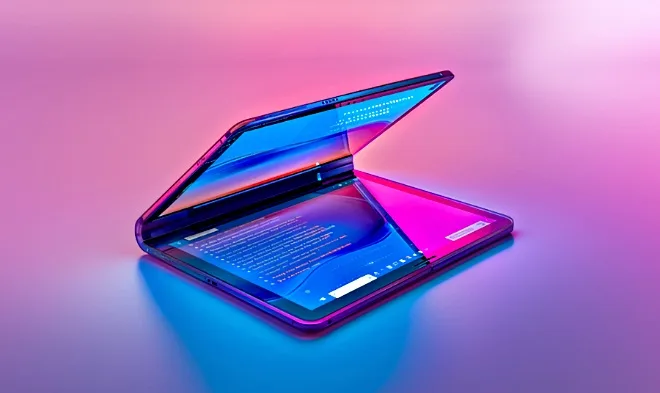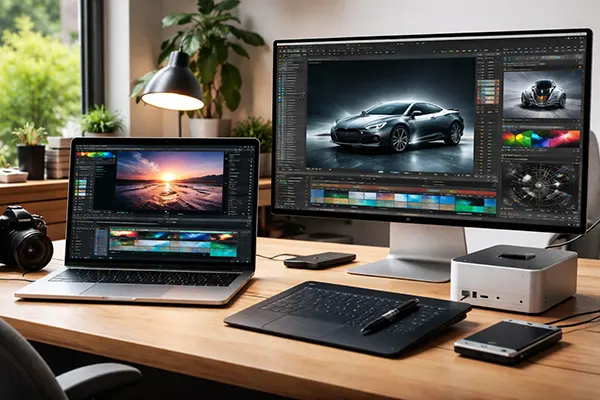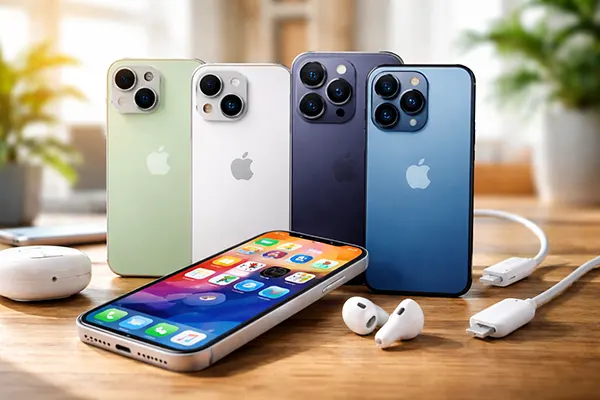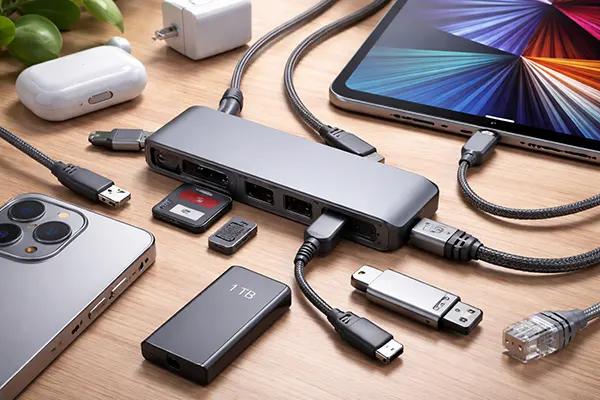
Folding All-Screen MacBook Delayed Until Late 2027 At the Earliest
Apple enthusiasts eager for the launch of a folding all-screen MacBook will have to wait longer than anticipated. Recent reports indicate that the groundbreaking device will not be released until late 2027, at the earliest. This delay comes as a significant update for fans who have been speculating about Apple’s entry into the foldable device market. The delay underscores the challenges involved in bringing such an innovative product to market.
Development Challenges Facing Apple’s Foldable MacBook
The delay in the release of the folding all-screen MacBook can be attributed to a variety of development challenges. These include technical hurdles related to the device’s foldable screen technology, which must meet Apple’s high standards for durability and performance. Additionally, integrating the foldable design with Apple’s ecosystem requires extensive testing and refinement to ensure seamless user experiences.
Another factor contributing to the delay is Apple’s commitment to maintaining a premium quality standard. The company is known for its rigorous testing processes, which often extend product development timelines. For a product as revolutionary as a foldable MacBook, ensuring that every aspect of the device meets these standards is critical.
Market Positioning and Strategic Delays
From a strategic perspective, Apple may be delaying the launch of its foldable MacBook to better position itself in the competitive landscape. By waiting until 2027, Apple can observe the successes and failures of other companies’ foldable devices, allowing them to refine their product and market strategy. This approach minimizes the risk of launching a product that does not meet consumer expectations or fails to differentiate itself in a crowded market.
Furthermore, this delay provides Apple with additional time to develop and optimize related technologies, such as new battery solutions and enhanced screen durability. By the time the foldable MacBook is ready for release, Apple aims to present a product that not only meets but exceeds market expectations.
Impact on Apple’s Product Roadmap
The delay of the folding all-screen MacBook is likely to have a ripple effect on Apple’s overall product roadmap. With resources allocated to this high-profile project, other product lines may see shifts in their development timelines. However, Apple has a history of managing multiple product innovations simultaneously, suggesting that the company will continue to release updates and new products across its portfolio.
This shift in focus might also lead to enhancements in existing MacBook models, incorporating features initially intended for the foldable version. These enhancements could include improved screen technology, battery life, and integration with other Apple devices, providing consumers with interim upgrades while they await the foldable MacBook.
The extended development period also allows Apple to gather valuable feedback from developers and early adopters of foldable technology, ensuring that their final product is both innovative and user-friendly.

What This Means for Consumers
For consumers, the delay in the release of the folding all-screen MacBook means a longer wait for a truly revolutionary product. However, this also ensures that when the product is finally launched, it will be thoroughly tested and refined, providing a high-quality user experience. Apple users have come to expect a level of innovation and quality that sets the brand apart, and this delay aligns with those expectations.
In the meantime, consumers can look forward to other exciting developments from Apple, including updates to current MacBook models and potentially new products in different categories. Apple’s commitment to innovation remains strong, and the delay of the foldable MacBook is a testament to their dedication to excellence.
Ultimately, while the wait may be disappointing for some, it ensures that the final product will be worth the anticipation, providing a foldable device that redefines the laptop experience.
The Future of Foldable Technology at Apple
Looking ahead, Apple’s entry into the foldable device market signals a broader trend towards flexible, adaptable technology that can meet diverse user needs. The folding all-screen MacBook is expected to pave the way for more versatile devices that combine the functionality of traditional laptops with the portability of tablets.
As Apple continues to innovate, the potential applications for foldable technology extend beyond laptops. The company’s investment in this area suggests a future where foldable screens could be integrated into other devices, from iPads to even iPhones, providing users with new ways to interact with technology.
While the exact details and specifications of the folding MacBook remain under wraps, the delay indicates that Apple is taking the necessary time to ensure that when it does launch, the device will set a new standard in the industry.
Related articles
-
 Mac for Media Work in 2026: How to Ch...
Mac for Media Work in 2026: How to Ch...Choosing a Mac for professional media work in 2026 is …
-
 iPhone in 2026: how to choose the rig...
iPhone in 2026: how to choose the rig...By 2026, buying an iPhone is less about chasing the …
-
 USB-C ecosystem for iPhone and iPad: ...
USB-C ecosystem for iPhone and iPad: ...USB-C on iPhone and iPad has made everyday setups simpler, …
